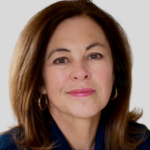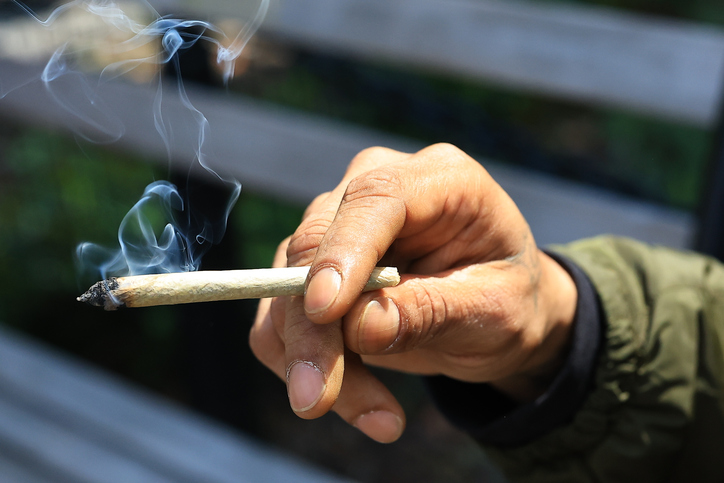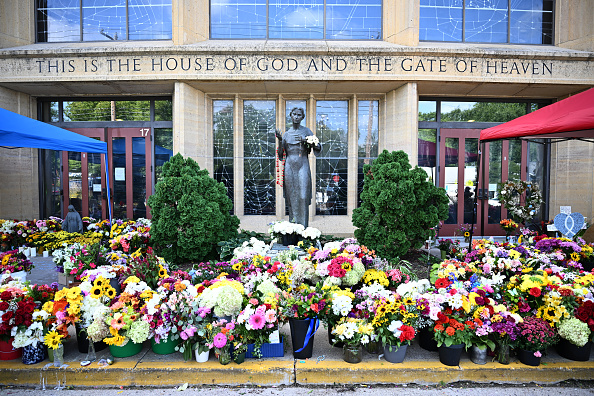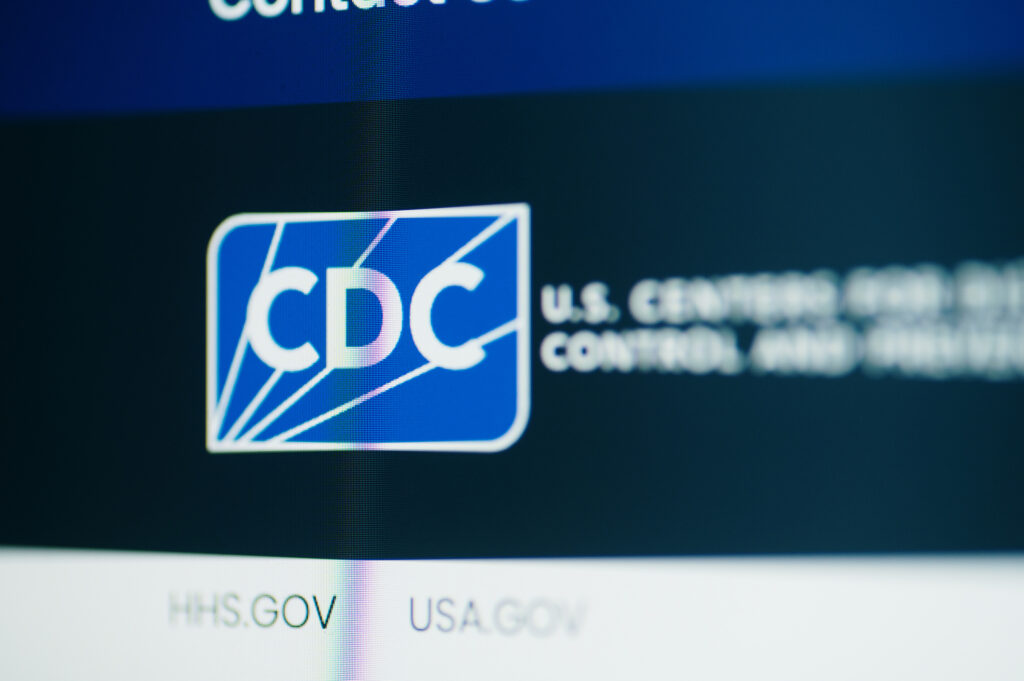A graduate student in marriage and family therapy at Santa Clara University is facing difficulty graduating after she requested an alternative class assignment requiring a “comprehensive sexual autobiography” that would be uploaded online and graded.
“What began as a simple accommodation request in a required course called Human Sexuality turned into a case study in the reshaping of therapy training—not by science but by critical theory, a worldview that filters human experience through left-wing assumptions about power, oppression and identity, particularly regarding race, ‘gender’ and sexuality,” wrote Naomi Epps Best in a Wall Street Journal op-ed on June 6, 2025.
Students were required to read an illustrated book titled “The Guide to Getting It On” and other material featuring “sadomasochistic erotica,” wrote Best. The instructor, Prof. Chongzheng Wei, who received his bachelor’s and master’s degrees in China, showed a class a “how-to” video on bondage and invited transgender guest speakers to discuss sexual arousal, wrote Best.
The university denied Best’s request for an alternative assignment to the autobiography or to take the class remotely, as “Muslim women students” had received. Best, a young mother, says she is several credits away from graduation and the college is not giving her options that won’t require her to spend more money.
‘Agents of Political Change’
Some of the profession’s “top bodies” support critical theory over clinical neutrality, a longtime staple in the marriage and family therapy field, says Best.
“When I went public anonymously on Substack, I realized I had stumbled onto something larger,” wrote Best. “The entire field of educating therapy has been hollowed out and filled in with critical theory. Therapists are no longer trained to be neutral; they’re trained to be agents of political change. Concepts like modesty and marital privacy aren’t merely treated as optional or even dismissed. They’re seen as oppressive norms to be actively combated.”
Ten days after Best’s op-ed appeared, an article published by “Mad in America[SK1] ” a non-profit organization describing itself as a “catalyst rethinking psychiatric care,” claimed clinical neutrality is a myth. While the article did not reference the Santa Clara University program, it addressed the points Best made in her op-ed.
“Training programs need to treat structural racism, capitalism, transphobia, and state violence not as electives, but as core curriculum,” wrote Silvi Saxana, a social worker. “Licensing boards must revisit codes of ethics that promote neutrality over justice. And therapists need to stop hiding behind false objectivity while people suffer in silence.”
Saxana also promotes an emerging treatment trend in counseling: advising estrangement from friends and families.
“It’s time to be honest: not all relationships are meant to be preserved,” wrote Saxana.
‘Cultists Have Taken Over’
Such sentiments and graphic course content in graduate programs are not surprising in today’s culture, says Larry Sand, president of the California Teachers Empowerment Network.
“The sex and gender cult is out of control,” said Sand. “The cultists have taken over the field, and left alone, they hook true believers to their cause. Sadly, it has become increasingly difficult for people to trust many of our institutions.
“The schools, the media, the medical profession, etc., have become infested with ugly group-think, and normative practices and tradition be damned,” said Sand.
‘Be Clear’ About Biases
The nation has reportedly been in a mental health crisis in recent years, especially among young people. In 2023, the U.S. Centers for Disease Control and Prevention reported four in 10 students had persistent feelings of sadness or hopelessness, and two in 10 contemplated suicide, with one in 10 attempting it.
Counseling can be critical for fragile people, but neutrality may be difficult for patients to ascertain, says Allison Ricciardi, LMHC, founder, and director of The Raphael Remedy.
“Instead, a therapist should be clear about who they are and what they believe,” said Ricciardi. “Do they hold Christian or traditional values? Do they support more-liberal positions like same-sex marriage and abortion on demand, … and in the case of the latter, do they not believe that abortion has any psychological ramifications?
“You can see how that belief can impact therapy, as you can’t help someone heal from something your ideology prevents you from admitting exists,” said Ricciardi.
A “neutrality statement” could be misleading, says Ricciardi.
“Many who advocate for therapist ‘neutrality’ have strong views they assume constitute the ‘neutrality’ they would like to see upheld,” said Ricciardi. “Hence, requiring neutrality statements is an exercise in futility at best and can be very misleading to prospective clients.”
‘Best to Talk Openly’
A 2024 article in Family Therapy Magazine, “Bridging Our Political Differences,” says political polarization can be a significant challenge in counseling and honest professionals can overcome it.
“We have found that is best to talk openly and honestly about our political positions, especially when we disagree,” wrote Tracey A. Laszloffy and Jason J. Platt. “The key is to find ways to do this that are constructive and civil.”
The authors offer several techniques for this, including therapists taking stock of their political views, replacing either/or thinking with both/and thinking, and accepting the idea that one doesn’t need to sell out one’s identity to acknowledge and understand someone else’s point of view.
AnneMarie Schieber ([email protected]) is the managing editor of Health Care News.




